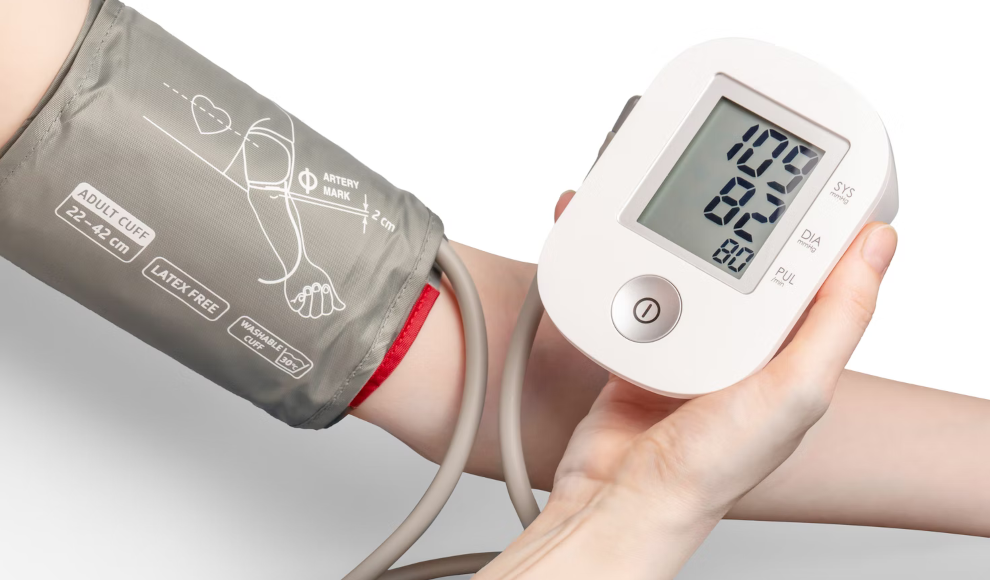High blood pressure, also known as hypertension, increases the risk of cardiovascular diseases such as heart attack and stroke. However, a certain group of people may actually have a lower risk of mortality due to high blood pressure. As people age or develop certain illnesses, their blood vessels may lose elasticity, leading to hypertension. Typically, medication is used to lower blood pressure to below 140 millimeters of mercury (mmHg) in systolic value for hypertensive patients. However, recent health data suggests that this treatment may not be suitable for all individuals with high blood pressure. Medications can increase the risk of fainting, dizziness, and cognitive decline in seniors, among other side effects.
Researchers at the University of Ulm in Germany have conducted a study to investigate the effects of high blood pressure in seniors. They used data from the ActiFE study, which began in Ulm in 2009 and primarily documents the physical activity of participants over 65 years old. The average age of the 1,100 participants was 74 years old. The researchers calculated the relationship between the mortality of the participants and their systolic blood pressure using probability models, taking into account other factors such as smoking and alcohol consumption, gender, and age. The results of the analysis suggest that it may be better to avoid blood pressure-lowering medications in some seniors. The frailty of a person strongly influences how high blood pressure affects their health. Surprisingly, the mortality risk decreases with an increase in blood pressure for particularly frail patients. The lowest mortality rate for this group is at a blood pressure of 160 mmHg or higher. For fit seniors, the lowest mortality risk is at a systolic blood pressure of 130 mmHg, which is the target value for medications.
The study’s authors suggest that the treatment of high blood pressure should consider individual factors such as physical and cognitive performance. The aging process varies greatly from person to person, and frailty can significantly affect how high blood pressure affects health. Therefore, patient-specific treatment of hypertension should take into account the patient’s overall health and well-being.










